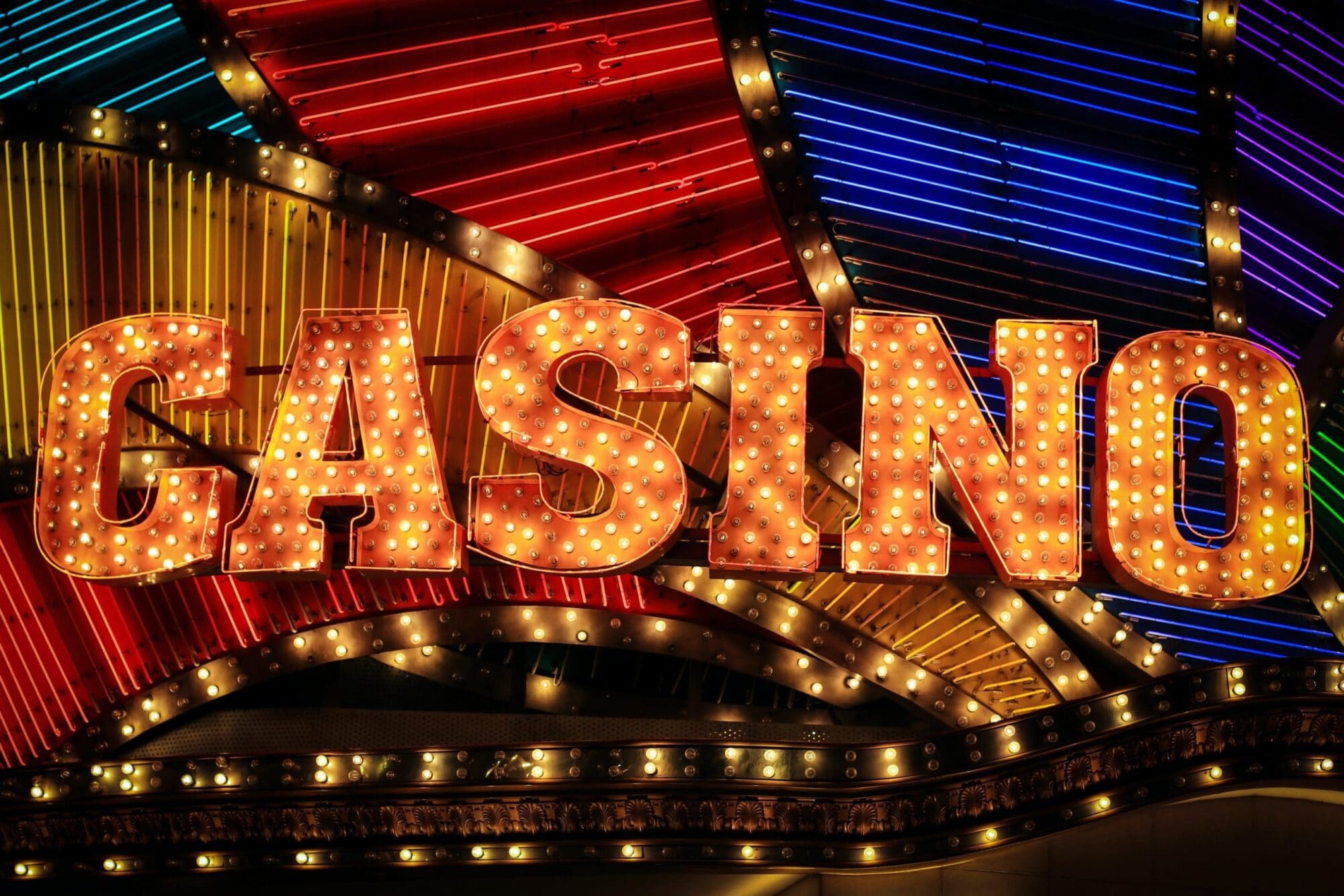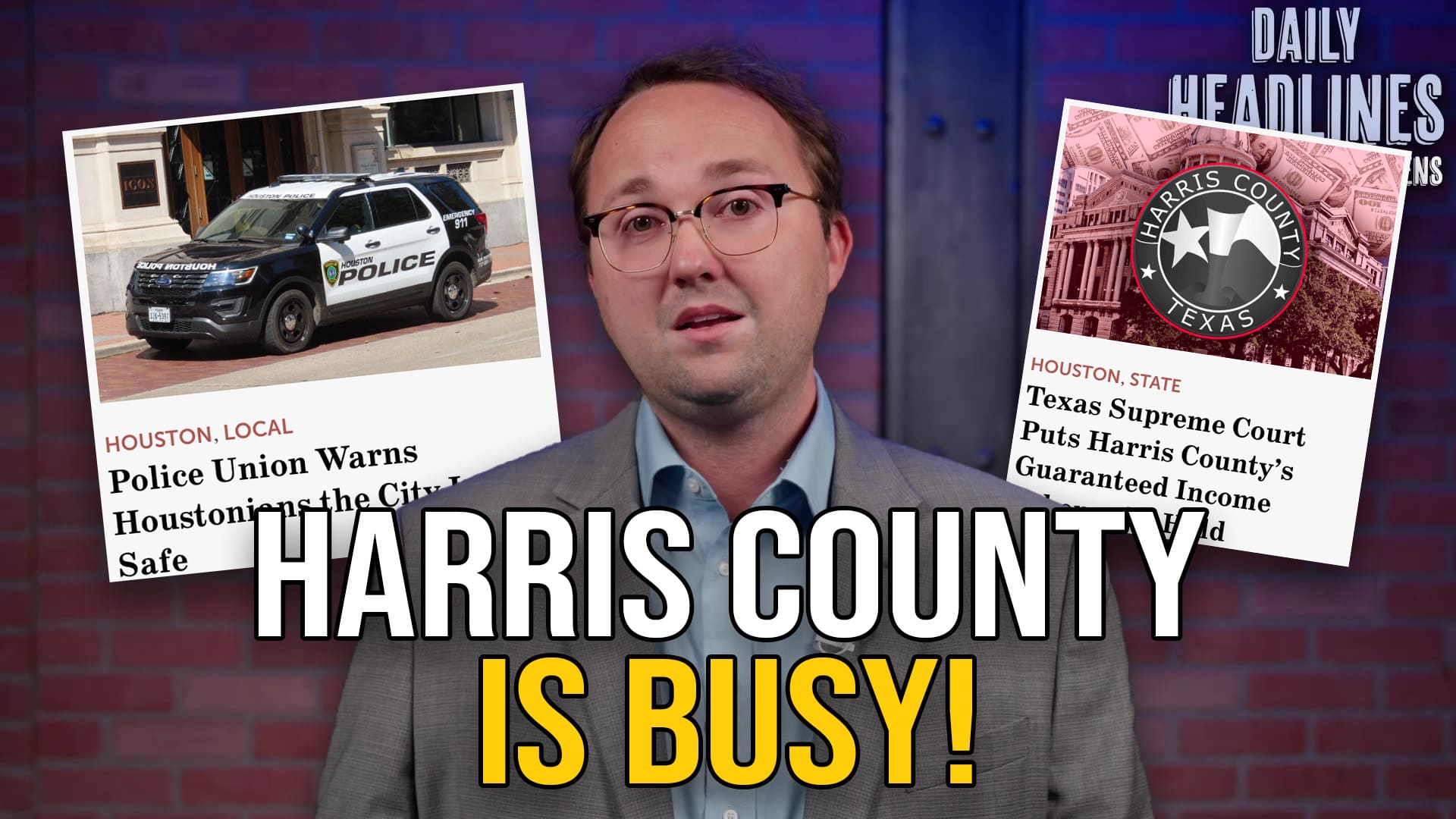A fight is brewing in the state Capitol to bring casinos to Texas, and the lieutenant governor says he’ll stop the effort before it even begins.
As of Tuesday, Democrat state lawmakers have filed several proposed laws related to the controversial issue. State Sen. Roland Gutierrez (D–San Antonio) proposed a law to open, regulate, and tax a limited number of allowed casinos in the state, and he also filed a constitutional amendment “authorizing the operation of 12 casinos in this state by licensed persons in counties that have approved casino gaming.”
Meanwhile, Democrat State Rep. Joe Deshotel (Port Arthur) filed a bill in the Texas House to open casino gambling in “certain state coastal areas,” a proposal he tried unsuccessfully in the last legislative session.
Despite past failures, big casino tycoons are stepping into the Capitol to help push gambling proposals through the legislature this year. The Las Vegas Sands Corporation—the largest casino operator in the world—has deployed a team of 10 high-powered lobbyists to Austin to influence lawmakers.
“The entrance of someone with gravitas and deep pockets such as [Las Vegas Sands CEO] Sheldon Adelson could be just what the pro-gambling movement needs to unify its efforts behind a common goal,” said Mark P. Jones, a fellow in political science at Rice University, in December.
Adelson, 87, passed away in early January, but his corporation still eyes Texas as a jackpot for its business.
“We view Texas as a worldwide destination and one of the top potential markets in the entire world,” said company lobbyist Andy Abboud during a recent conference. He spoke for more than half an hour on their proposal to legalize casinos.
However, despite gambling power players entering Austin’s political chess game, Lt. Gov. Dan Patrick said on Tuesday that sports betting, casinos, and other gambling-related efforts don’t have a chance this year.
“It’s not even an issue that’s going to see the light of day this session,” said Patrick in a radio interview.
Regardless, the question remains: Would casinos ultimately help or harm Texans? Evidence suggests the latter.
“Evidence from the health and social sciences suggests that the new American casinos are associated with a range of negative health, economic, political, intellectual, and social outcomes,” wrote the Institute for American Values in a comprehensive report on the consequences of casinos. “For this reason, we view state sponsorship of casino gambling as a regressive and damaging policy.”
Additionally, according to the economists at the National Association of Realtors, the impact of casinos on neighboring property values is also “unambiguously negative.” Unlike businesses such as movie theaters or sports stadiums, which are time-limited entertainment and often encourage nearby shops and economic flourishing, casinos are specifically engineered to be an all-consuming place, where customers often do not leave until their money is drained.
“The social costs associated with gambling can be substantial, frequently referenced as crime, bankruptcy, and various forms of social degradation,” wrote the NAR.
Texans concerned about legalized casino gambling can contact their state representative and state senator.





